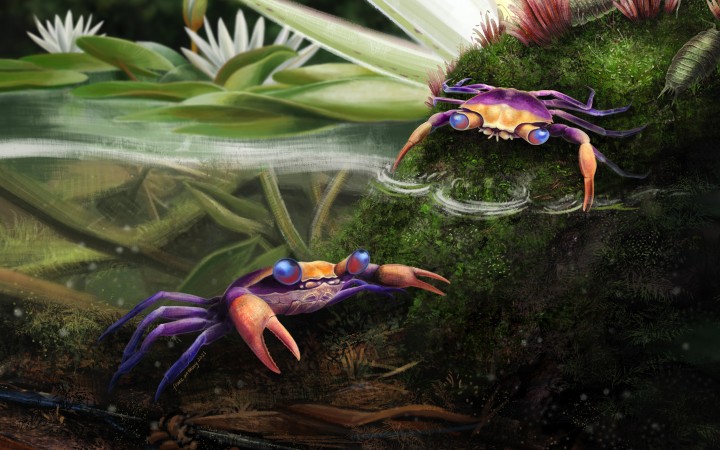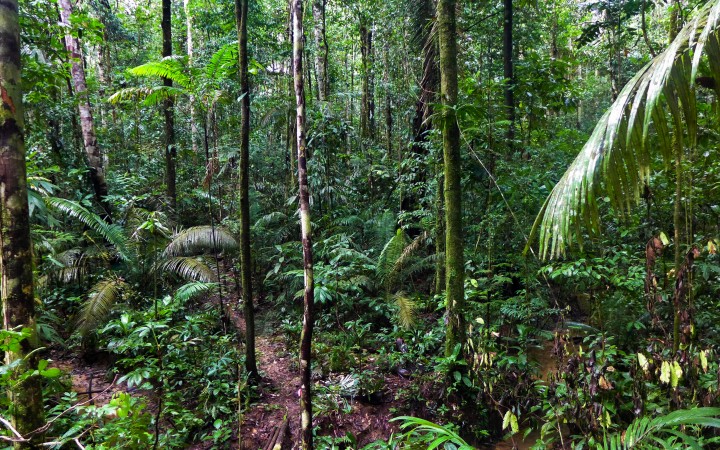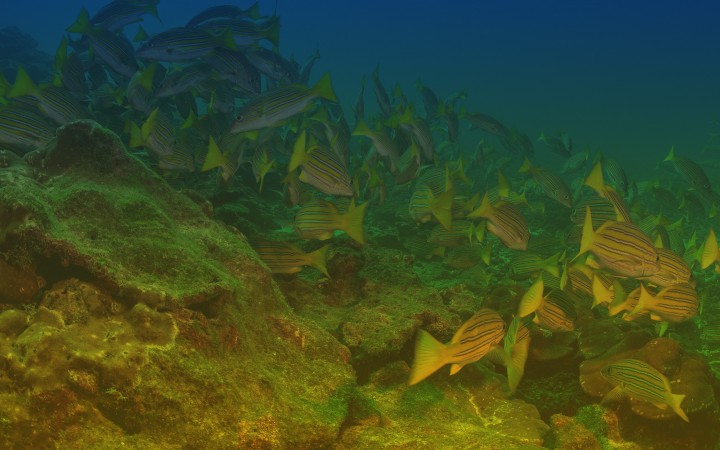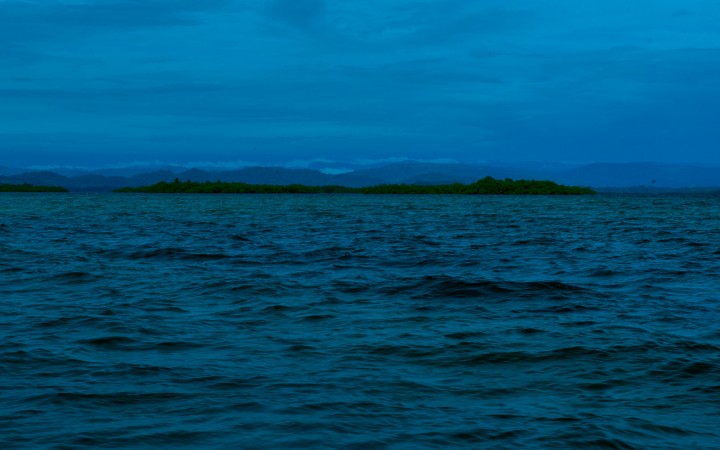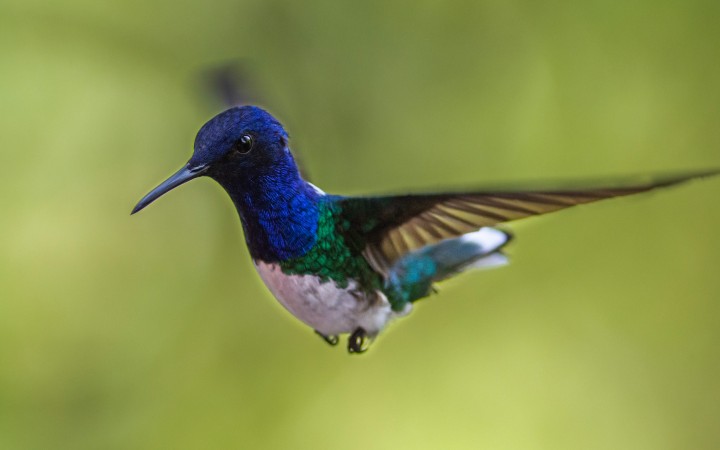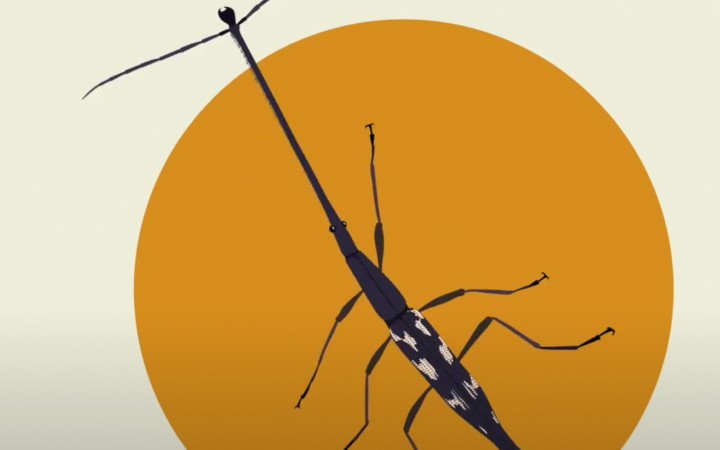Las rutas caribeñas de la cumbia panameña
The Panamanian cumbia is the result of a complex process of cultural dialogue that was unified in the late 19th and early 20th centuries. In this webinar, the Panamanian composer and musicologist Samuel Robles, a researcher at the Centro de Investigaciones Históricas, Antropológicas y Culturales AIP (Historical, Anthropological and Cultural Research Center CIHAC AIP), examines the various...

